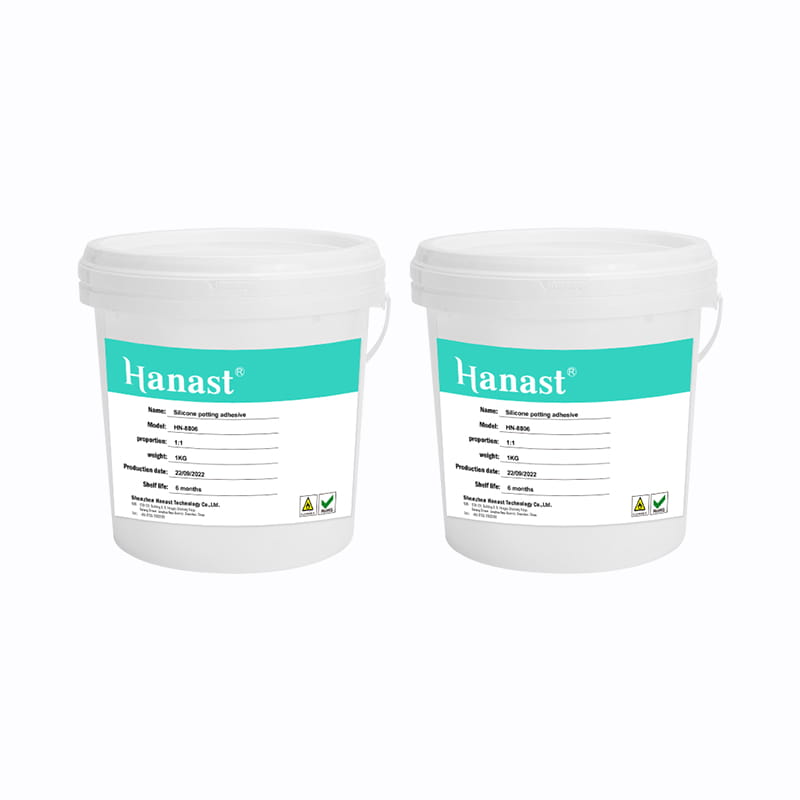What to do if the shrinkage rate of silicone mold making is high
 Jul 12,2023
Jul 12,2023

 Hanast
Hanast
Whether it is industrial grade mold silicone or food grade silicone, they are both two component liquid silicone, and there will be some shrinkage during the molding process. Industrial grade mold silicone generally refers to condensed silicone, which produces low molecules during crosslinking reaction and has a relatively high shrinkage rate. High quality condensed mold silicone has a shrinkage rate of ≤ 0.2%. Food grade silicone generally refers to additive silicone, which does not produce low molecules during crosslinking reaction and has a relatively low shrinkage rate. High quality additive mold silicone has a shrinkage rate of ≤ 0.1%. But what if there is a significant shrinkage rate when making molds with silicone? Today, HANAST Silicone summarized some experiences with high shrinkage of mold silicone, and shared them with everyone here.




 Home
Home


 The root cause of the low frequency of mold silicone flipping
The root cause of the low frequency of mold silicone flipping  You May Also Like
You May Also Like







 Tel
Tel
 Email
Email
 Address
Address












